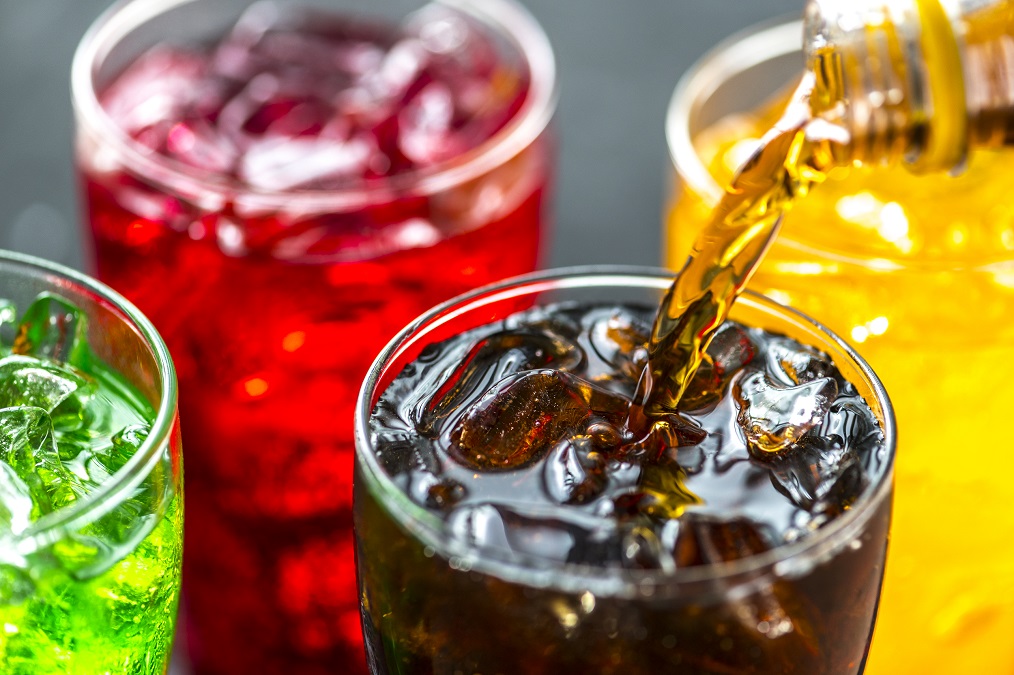Drinks with a high sugar content promote the development of fatty liver, in addition to increasing the production of lipids in the organ. People usually link fatty liver disease only to a diet full of fats, but in many cases sugary drinks are key to the development of this disease.
Research by the University of Barcelona and CIBEROBN, determines that the mixture of an unbalanced diet and constantly ingesting liquids rich in sugar increases the amount of fat accumulated in the liver. In addition, hypertriglyceridemia and cardiovascular risk may occur.
There are different types of sweeteners, one of the most commonly used is fructose. It is a sweetener obtained from corn syrup, and due to its low cost it is constantly used in beverages, sauces and processed foods.
It is also linked to increased fatty acid synthesis in the liver.
Risk of hypertriglyceridemia
In addition to contributing to fatty liver disease, fructose tends to spike triglycerides. Studies show that this sweetener increases the expression of the PNPLA3 protein (associated with hypertriglyceridemia).
Hypertriglyceridemia is the excess of triglycerides in the blood, fats that are not a product of the liver. In fact, the factors that increase the possibility of suffering from this disease are: being overweight or obese (especially abdominal), smoking and alcohol.
What is non-alcoholic fatty liver disease? It is a group of conditions in which there is an excessive accumulation of fat inside the liver cells of people who consume little or no alcohol (SEDCA). This disease is suffered by 20% of the world’s population.
It is the elevation of liver enzymes, however, this may not cause serious or obvious damage. In general, few patients with fatty liver disease develop non-alcoholic steatohepatitis (inflammation of the cells and fibrosis), which can lead to cirrhosis.
So far, few studies have been devoted to the analysis of these side effects generated by sugar-containing beverages. That is why the authors conclude that “Although there is much more research to be done, sugar-sweetened beverages are a source of empty calories”. That is, when consumed irresponsibly, they could cause pathological physiological states.














